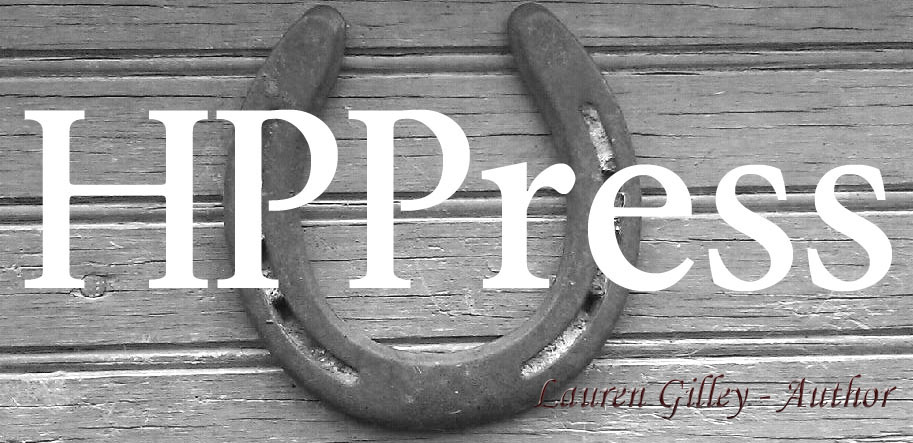The Lean Dogs take up most of my mental energy these days, and the past year with them has been incredible, for a lot of reasons. It's been a year of not just telling stories that have been a delightful challenge, but a year of growing as an author. And because I'm always looking forward, I don't always take the time to look back, and I end up sweeping my older books under the rug. Which is completely unfair to my very first book babies: the Walkers.
Dartmoor readers might not know that my first book was Keep You. And no matter where this journey takes me, I'll always be grateful for that first publishing experience. And for Tam and Jo, and Jordie, and Mike, and Jess, and sometimes, even Walt.
Flash all the way back 2012, and I was still stuck in Query Letter Hell. I'd been submitting to (i.e. annoying the crap out of) literary agents for years. Always the hopeful news of a manuscript request, and then always the silence of rejection after that. I would write a book, pitch it, and then write something new, and then pitch that. But in 2012, after the original version of God Love Her was requested by three agents, and then left in limbo, I realized something: It wasn't going to happen for me. I was crestfallen. I began to realize that the system was set up in such a way that made it almost impossible to break onto the scene as a nobody kid without important social connections. I brooded about it for a little while.
And then one afternoon, after listening to a particularly favorite Canadian pop song about a thousand times on repeat, I was struck from out of the blue by two characters: Tam and Jo. Why those names? God knows. Those were just their names. I had no control. I went for paper and pencil, and I wrote six names down without questioning where they'd come from: Walter, Jessica, Michael, Jordan, Joanna, Tam. And then Walker. Walter Walker? That was horrible, but it stayed: sometimes people have horrible names.
I wrote Keep You in four furious weeks of keyboard clacking. It was so sweet, and so family-focused, and so unlike anything I'd ever expected to write. But there it was. I spent another few weeks revising. And then I submitted it. I had several whole manuscript requests. And one rather nasty rejection letter from an agent who didn't like that my book focused not solely on one romance, but on the entire family, and thought I, quote, "Couldn't pull that off."
But it was different, this rejection, because I refused to accept it. Self-publishing was still called "self-publishing" then, and the indie movement wasn't so well-known and respected, but I came to this final, great peace: I could keep trying to please a select group of industry gate keepers. I could wait; I could spend the next twenty years stewing and trying and getting nowhere. Or I could strike out on my own and see what happened.
I struck.
And here we are.
The Walkers, while probably not my finest writing, are so special because they were the first. That was when I started thinking of myself as a writer of books, and not just hopeful manuscripts. And those characters were more real and vital and than any I'd ever written before. I hope some day to write more books in the same vein, more family sagas, more series about a whole mess of people. I'm still doing that, just with an outlaw twist.
So if this is your first time hearing about it, I want to introduce you to the Walkers. Jordan is my favorite, I must warn you. And even then, I had a bad habit of carrying every character's storyline forward through all the books. ;-)
Keep You
Dream of You
Better Than You
Fix You
Rosewood
And those early readers, I can't thank them enough.
Another amazing story by Miss Gilley. It's an adventure that you don't want to miss out on. It is a story that will make you smile, bring you to tears and leave an imprint. The Then and Now really works for the story and makes you feel a part of the Walker clan. I would recommend to everyone :) ~ Sarah O'Neill
The then and not writing style works so well for this storyline. You can't help but feel for tameron and jo, all those years spent wanting each other, knowing it wasn't an option. The entire walker family has captured my heart with how life like they're portrayed. I can't wait to start on the second book in the series tomorrow :-) ~ Tiffany
Thanks for indulging me on this Throwback Thursday. Some days I get nostalgic for the old crew.















